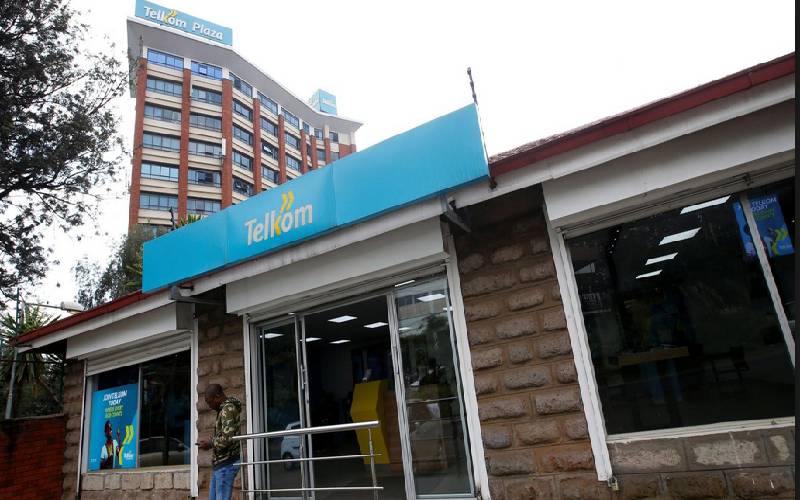×
The Standard e-Paper
Smart Minds Choose Us
 When Airtel Kenya and Telkom Kenya announced plans to merge operations last February, critics were quick to term the union “a marriage of dwarfs.”
When Airtel Kenya and Telkom Kenya announced plans to merge operations last February, critics were quick to term the union “a marriage of dwarfs.”
Even as the merged entity is set to command 34 per cent of the market share, latest industry data from the Communications Authority of Kenya (CA) and Airtel Africa’s regulatory filings with the London Stock Exchange, paints a gloomy picture.